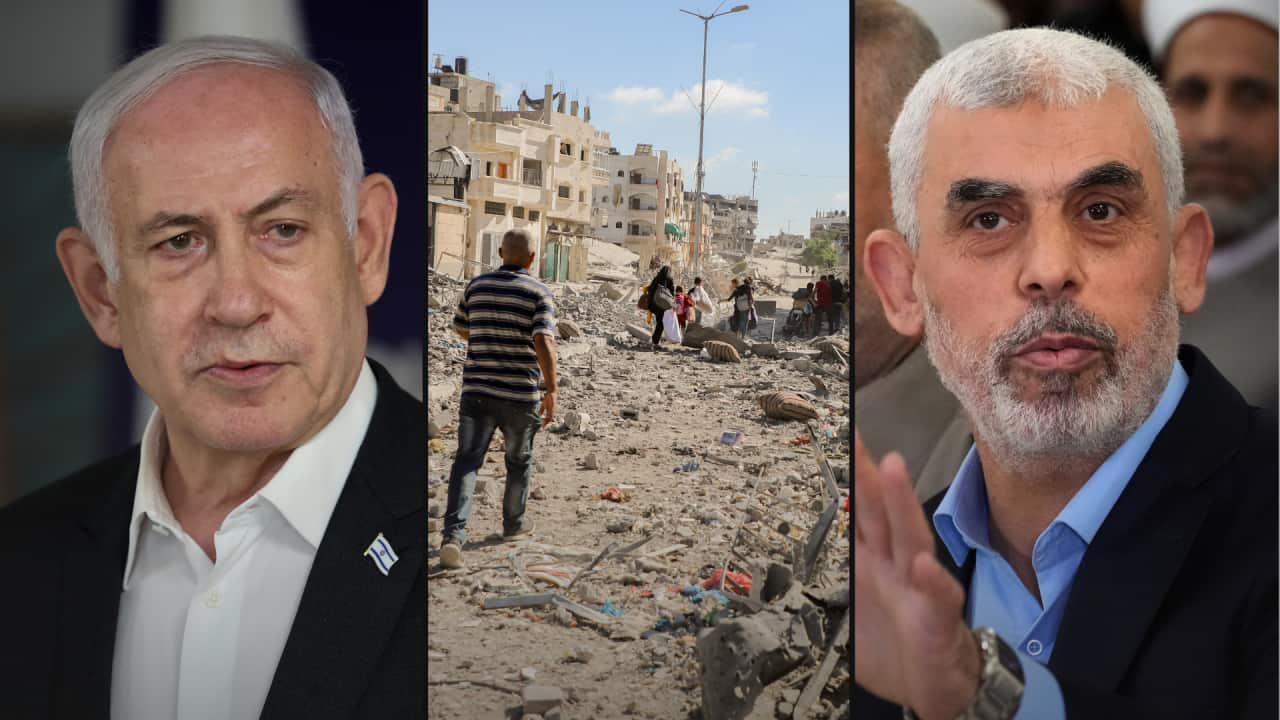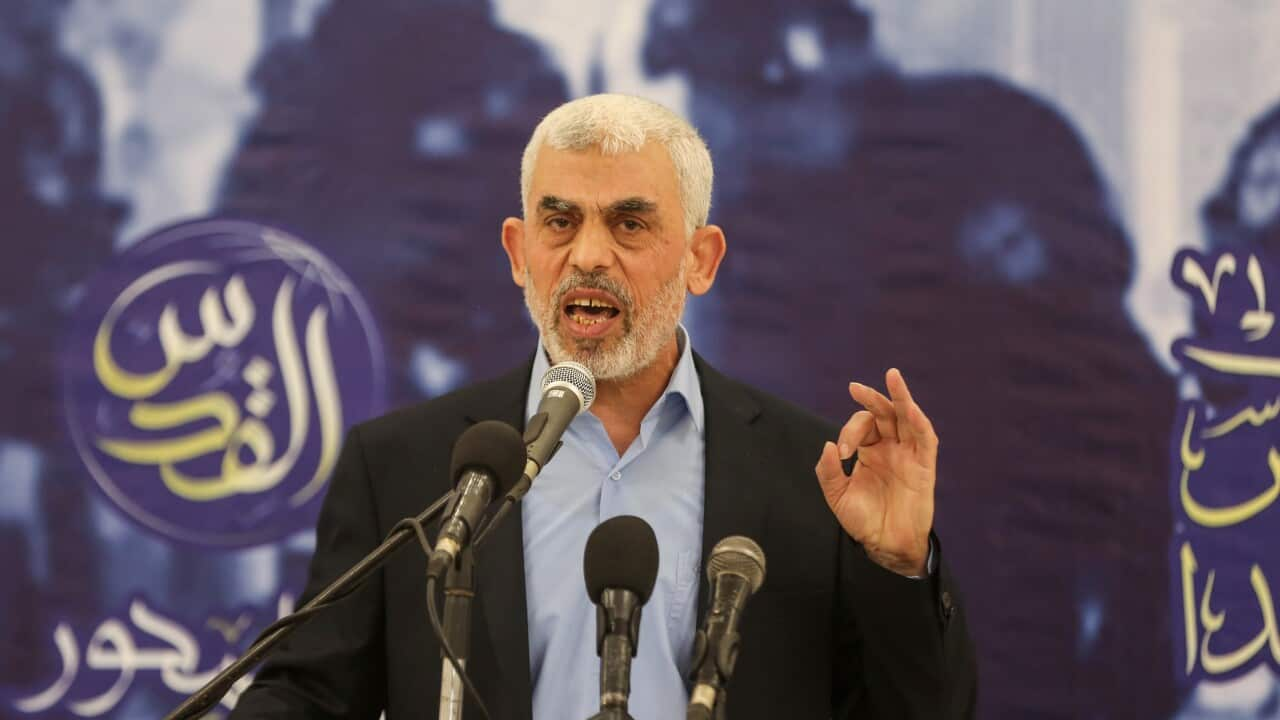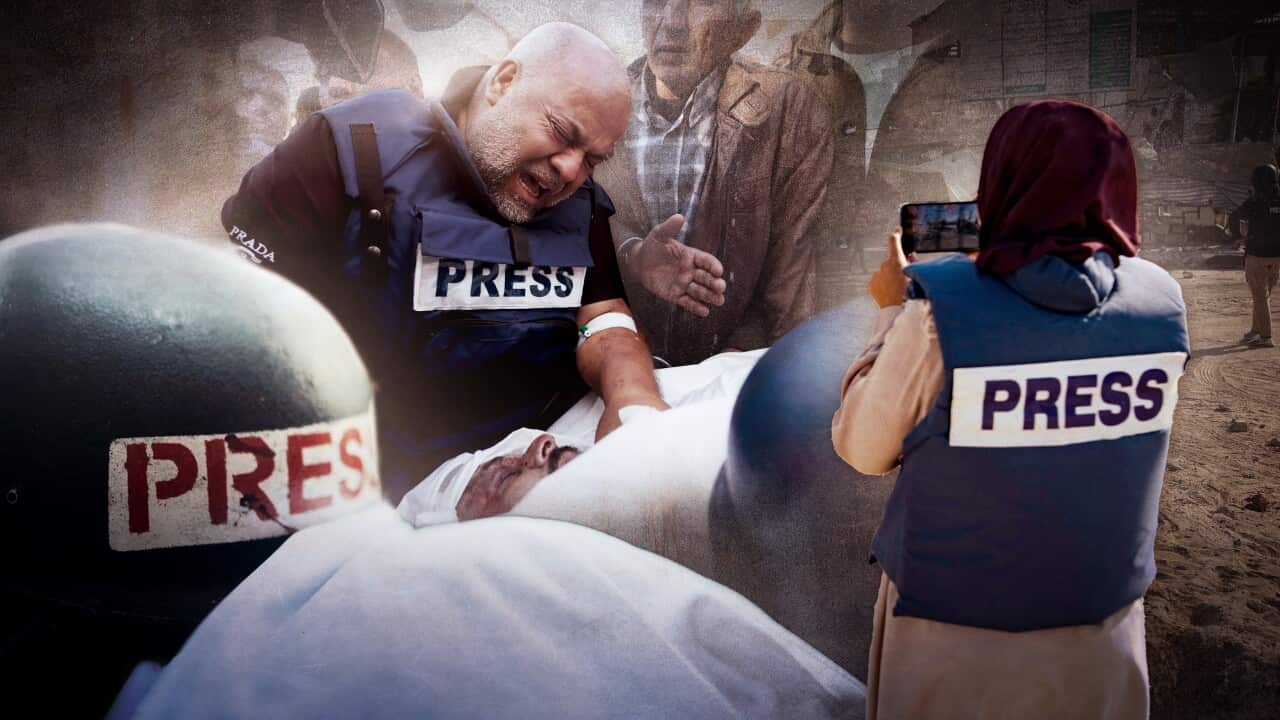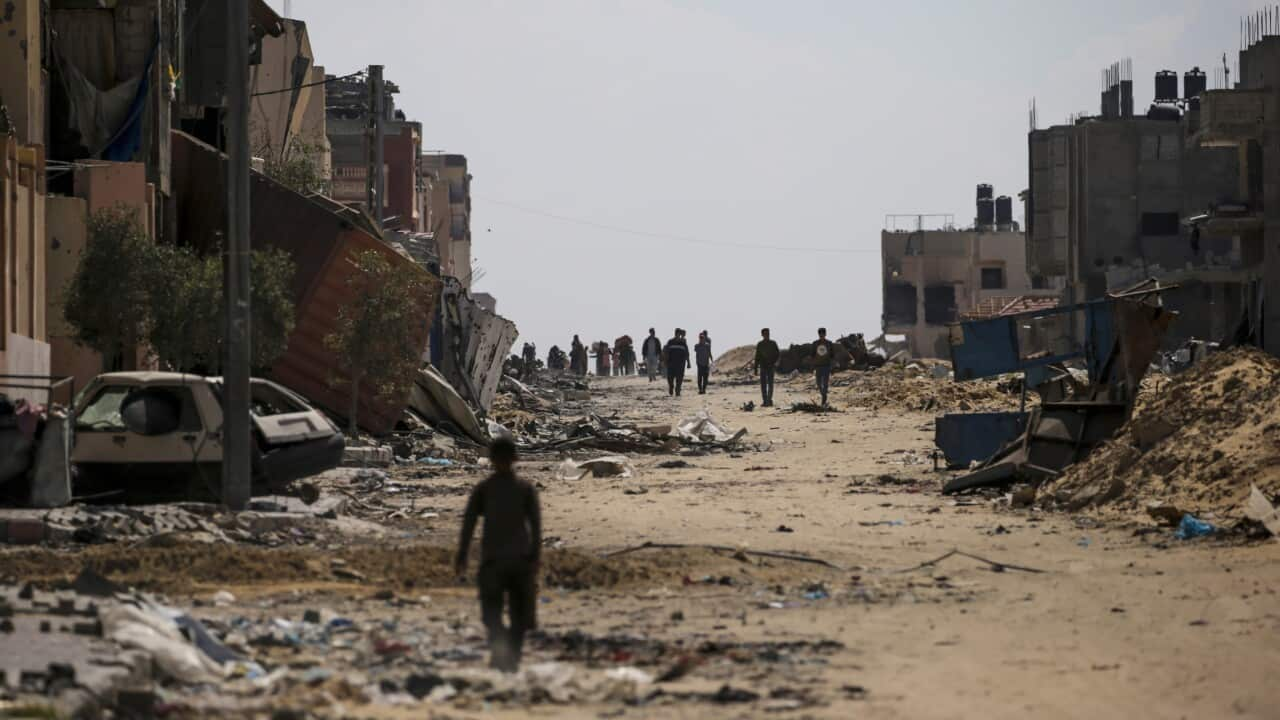The killing of Hamas leader Yahya Sinwar has ended a year-long Israeli manhunt.
The Israeli military said it had killed Sinwar in an operation in the southern Gaza Strip overnight, with Israeli media reporting that Sinwar was caught by chance during a routine raid.
"After completing the process of identifying the body, it can be confirmed that Yahya Sinwar was eliminated," the IDF said.
Hamas later confirmed his death.
Israeli Prime Minister Benjamin Netanyahu described Sinwar's death as the "beginning of the end" — and some politicians have expressed hope it could in the .
But Netanyahu also warned that "the task before us is not yet complete".
"We will not stop the war. We will go into Rafah," he said, referring to a city in the southern Gaza Strip where Israel's military says its goal is to capture "the most senior terrorists".
Sinwar has been described as the architect of the in which militants killed about 1,200 people in Israel and took at least 250 hostage.
Israel has vowed to destroy Hamas — the militant rulers of Gaza — and its subsequent bombardment of the Palestinian enclave has killed more than 43,000 Palestinians, according to the local health authority.
Has Sinwar's death weakened Hamas?
Sinwar was the chief of Hamas in Gaza at the time of last year's October 7 assault on southern Israel.
He became the leader of the group — which has both military and political wings — after the former leader of the political bureau was assassinated during a visit to Iran.
Israel of Hamas' military wing Mohammed Deif — also believed to be a mastermind of the October 7 attack — during an airstrike in July. Hamas has neither confirmed nor denied this claim.
The head of the European Commission, Ursula von der Leyen, believes Sinwar's death "is certainly weakening Hamas".
Professor Fawaz Gerges, from the London School of Economics and Political Science, believes the killing would have weakened Hamas' military wing, but said the group would continue to fight.
"Hamas has already morphed into a guerrilla force and it has already been planning for a long war of attrition, so even though Israel has degraded its military capabilities, it will go on to fight another day," Gerges told Sky News UK.
Middle East analyst Amin Saikal described Sinwar as a popular but not vital leader.
"It is not the first time Hamas has been without leadership, and it will not be the last," he told SBS News.
He said the war was likely to continue because his killing did not "address the underlying cause of the conflict. which is Israel's ongoing occupation in the region".
There are several territories that Israel captured during and are still considered to be illegally occupied under international law, namely the West Bank (including) East Jerusalem, the Gaza Strip, and the Golan Heights.
gave the Palestinian Authority limited self-governance powers over parts of the West Bank and the Gaza Strip.
International law deems East Jerusalem as part of and is seen among Palestinians as the capital of a future state. Meanwhile, is disputed by Israel and Syria.
President of the US-Middle East Project Daniel Levy agreed.
"If anyone thinks that this is the end of Hamas, that you chop off the head of the snake and the movement is finished, that's not a resistance movement," he said.
"Hamas is still there. Hamas is not going to collapse now."
Could there be a ceasefire between Hamas and Israel?
That is the hope among some world leaders — including Prime Minister Anthony Albanese, and US President Joe Biden.
Albanese renewed Australia's calls for a ceasefire on Friday as he said Sinwar's killing
Meanwhile, Biden said he would speak with Israeli leaders, including Netanyahu, to discuss "ending this war once and for all".
Biden also said he would send US Secretary of State Antony Blinken to Israel in the coming days.
The US — the biggest supplier of arms to Israel — : Israel must improve access to aid in Gaza in the next 30 days or it will cut off some military aid.
Ian Parmeter, research scholar and Middle East Expert at the Australian National University's Centre of Arab & Islamic Studies, wrote in The Conversation on Friday that, although the US sees Sinwar's death as "a potential off-ramp", it was unlikely to end the war.
"At this stage, it seems likely the war will continue until Netanyahu can say Hamas has been destroyed as a fighting force," he wrote.
But Middle East expert Elliot Abrahms believes Sinwar's death could help negotiations between Israel and Hamas.
"I think it's more likely that a deal can now be done," he said. "The pressure on the Israelis to do a deal would also grow."
Australia's foreign minister Penny Wong the federal government's position is that only an in which Hamas played no role could end the "endless cycle of violence" in the Middle East.
Some . The US and Australia are not among them.
Wong last month that the UN Security Council should set "a pathway" for a two-state solution and a "clear timeline for the international declaration of Palestinian statehood".
With additional reporting by Agence France-Presse.












